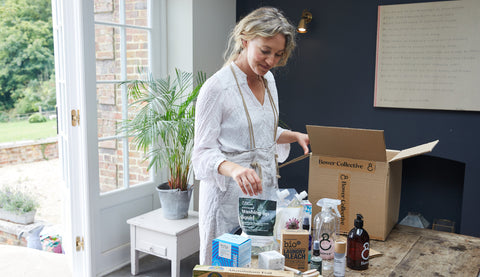In recent years, we as a population have become increasingly aware of how our world is being polluted by plastic waste. Every year, over 300 million tonnes of plastic are produced – most ocean plastic originates from land, leading to at least 8 million tonnes end up in the ocean.
Three of the most commonly used plastics (polyethylene, polypropylene, and polystyrene) make up over 50% of all global waste. Whilst some places have the facilities to recycle these, the majority of plastic waste ends up in our oceans due to limited or improper waste management.
How does plastic affect life in our oceans?
Plastic can be so dangerous in our seas and oceans as they have a widespread effect on marine life. One well-documented effect of plastic pollution is that it often leads to the entanglement of marine life, from sea birds to turtles.

Plastic particles can also transport alien species into areas of the sea where they are not naturally found. These alien species may introduce diseases which some areas have no natural defences against, thus causing widespread damage. Coral reefs, for example, are 89% more likely to develop diseases when in contact with plastic.
How can we help?
Without intervention, the amount of plastic that flows into the oceans every year is expected to triple by 2040.One of the most important steps include reducing and conserving materials, followed by encouraging the circular economy and incentivising minimal-waste business and personal practices. Some examples of this include:- Buying 'naked' toiletries, such as soap bars and shampoo bars
- Cleaning and repurposing old jars and bottles
- Using reusable dispensers with refills – Bower Collective's refill system is a brilliant example!
- Removing plastic from your self-care routine with reusable make-up pads and eliminating sheet masks
- Buying 'naked' produce at the supermarket, grocers, or farmers' market

Education is also an important tool that can be used to address and raise awareness about plastic pollution, especially to younger children who are able to influence those around them, such as their friends and parents.
